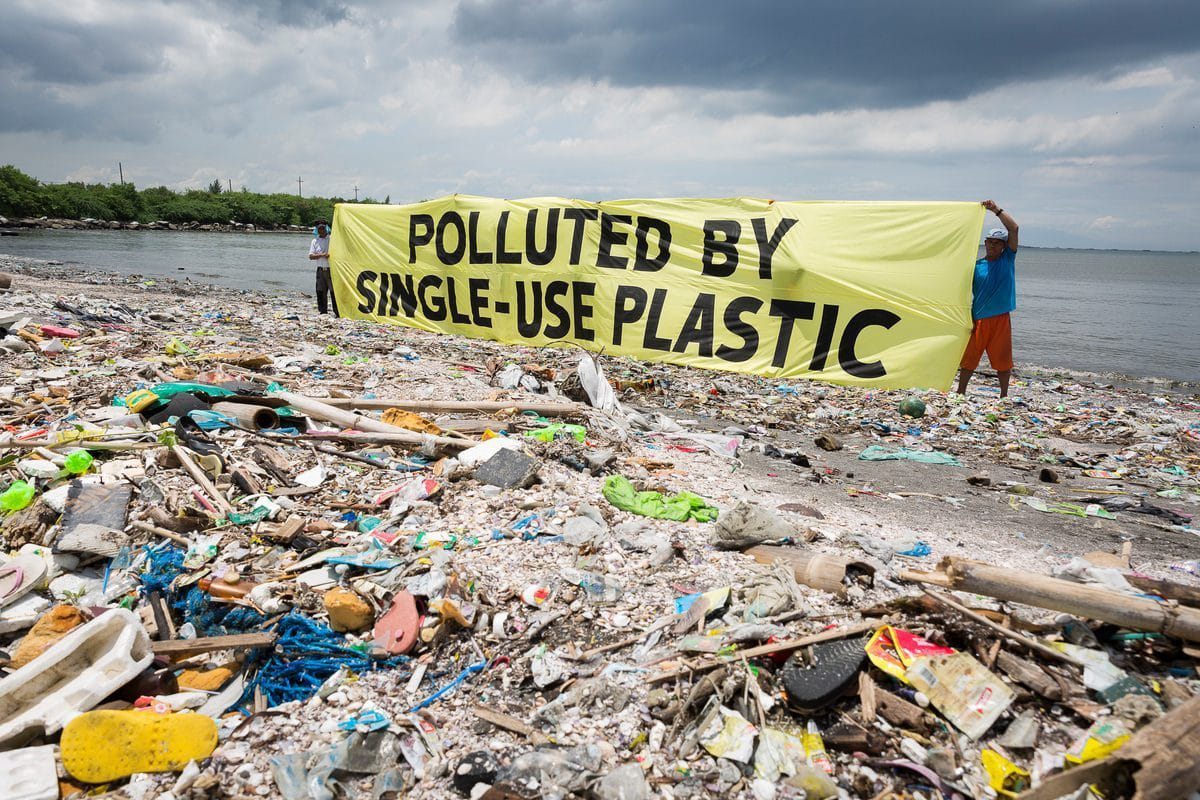By Fabian Ekeruche
The Association for Environmental impact Assessment of Nigeria (AEIAN) has said that the practice of circular economy and the Extended Producer Responsibility (EPR) would curb the tide of plastic pollution in the country.
Professor Ijeoma Vincent-Akpu, President of AEIAN disclosed this in an interview with newsmen on Saturday in Lagos.
The association gave the advice in reaction to the suspension of the 10 per cent tax on Single Use Plastics (SUP) by President Bola Tinubu and the various reactions and suggestions proffered by experts ,in the wake of the announcement.
Vincent-Akpu said that AEIAN believes that the outright ban or increased taxation on Single-Use Plastic (SUP) was not the solution to plastic pollution.
She said that considering the economic and peculiar situations of the country, circular economy and Extending Producer Responsibility (EPR) to the end-of-life of products should be a better and more sustainable approach.
“This will encourage producers or companies to design more sustainable and recyclable products and manufacturing processes.
“Thus reduce the environmental and economic burdens of plastic waste.
“The unfortunate thing is that the government is not looking at circularity, EPR or sustainable development,” Vincent -Akpu said.
According to her, the suspension of the 10 per cent tax on SUP was to ameliorate the negative impacts of the tax adjustments on businesses, with no consideration on the negative impacts of SUP on the environment and the people.
It will be recalled that the former President Muhammadu Buhari in a circular dated April 20, approved a 10 per cent tax on SUP few weeks before leaving office.
However, barely few weeks into Tinubu’s administration, he has ordered the suspension of the newly introduced 10 per cent tax on single-use plastics to reduce business costs in Nigeria







